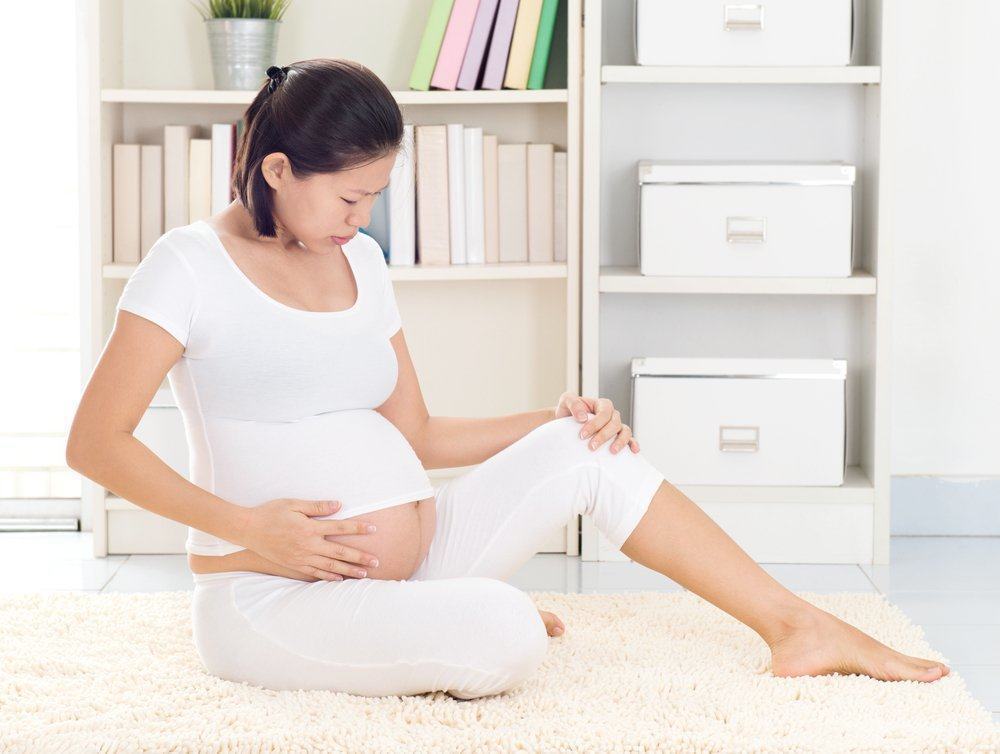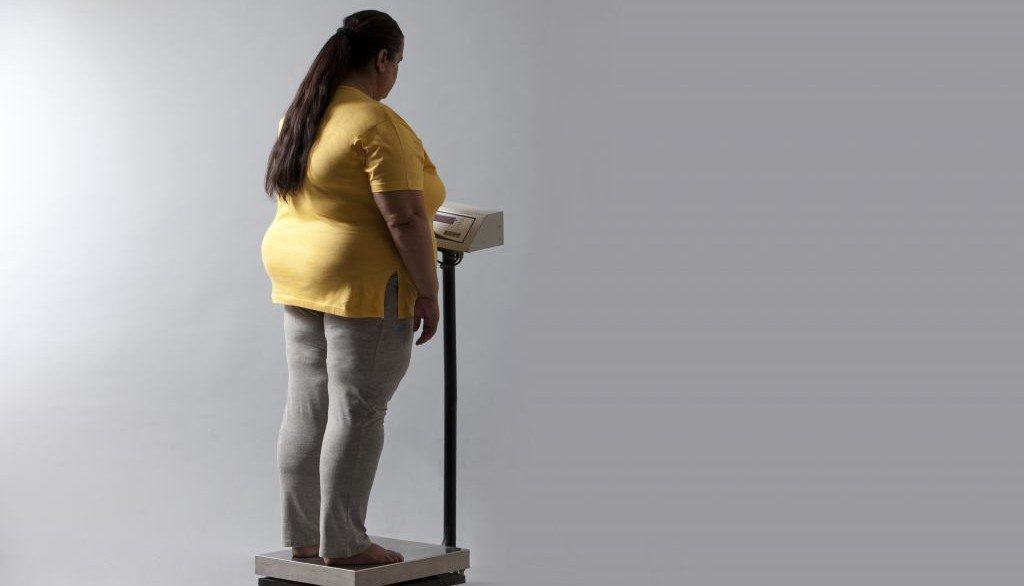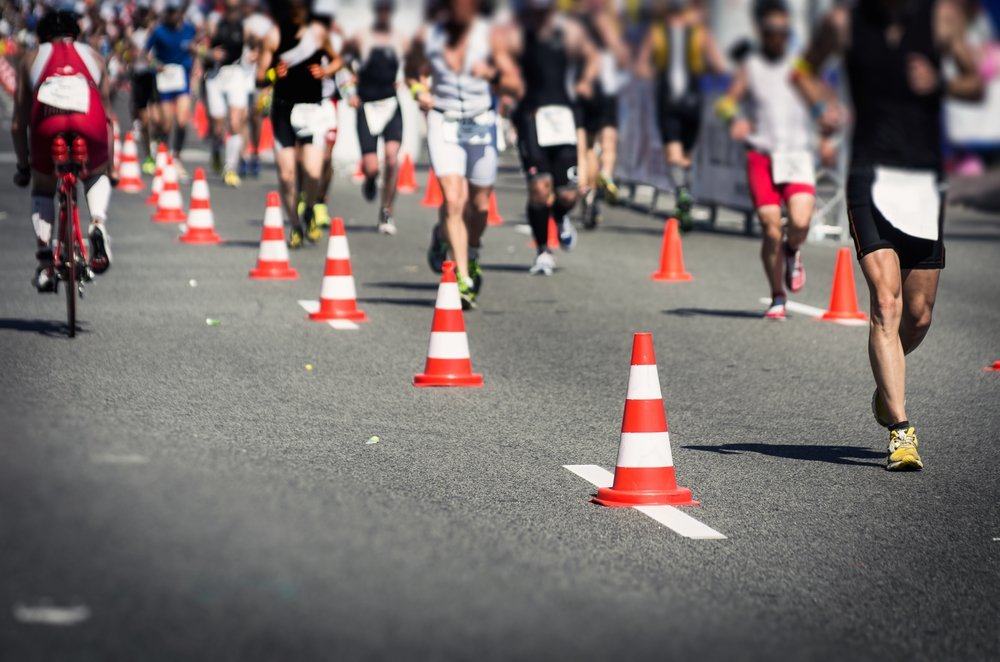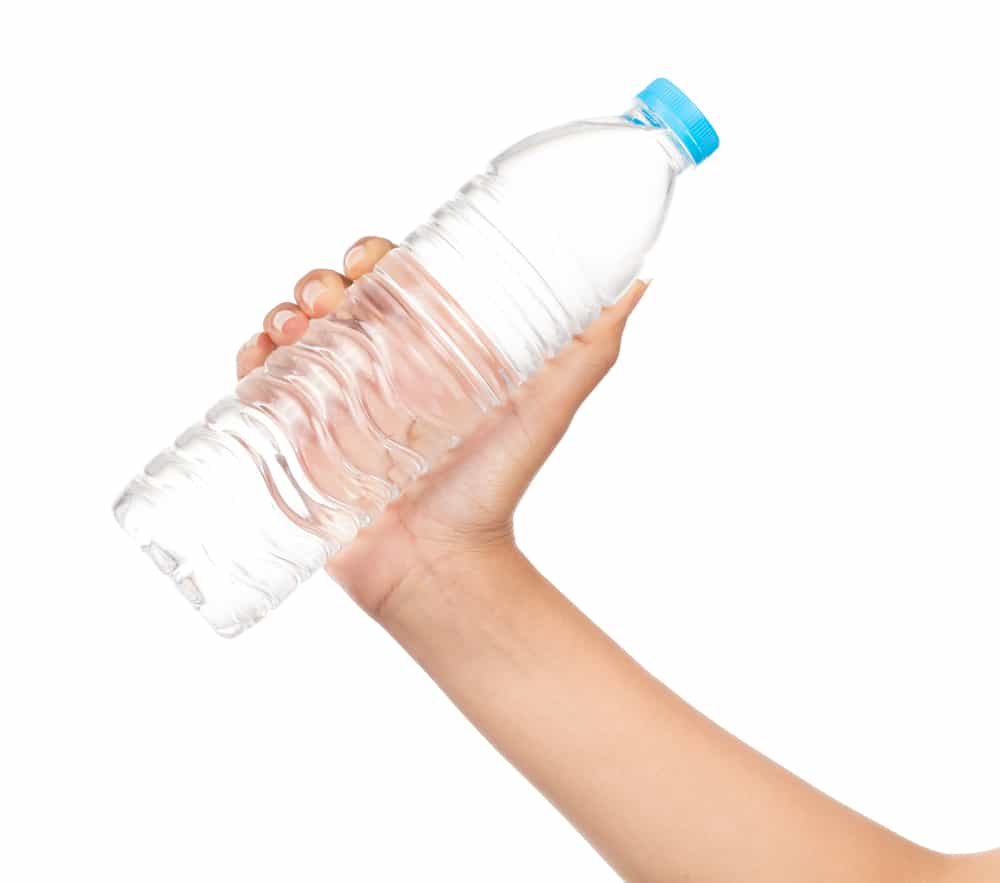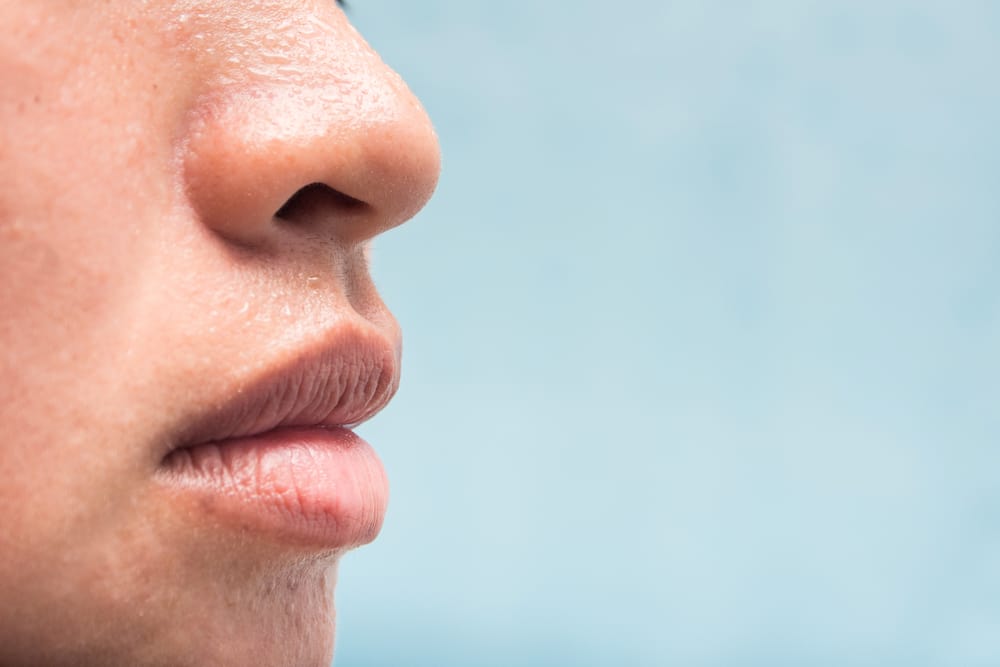Contents:
- Medical Video: Home Remedies for Swollen Feet during Pregnancy
- Causes of swollen feet (edema)
- Is this swelling dangerous?
- How to deal with swollen feet during pregnancy
Medical Video: Home Remedies for Swollen Feet during Pregnancy
The body of pregnant women experiences various kinds of changes during pregnancy due to hormonal changes during pregnancy. Various body systems also change during pregnancy because the mother's body not only works for herself but also for the fetus in her womb. Some changes in the mother's body have a positive impact, but some others also have a negative impact.
Some mothers experience swelling of the legs during pregnancy. Usually the mother's feet are swollen after walking too much or sitting too much. In medical language, this swelling is known as edema. Why this happens and how to overcome it we will review it here.
Causes of swollen feet (edema)
Swollen feet or edema in the legs usually occur in the 3rd trimester. Swollen feet occur when excess fluid builds up in the body's cell tissues. Swelling of parts of the body during pregnancy is normal because the body holds lots of fluids. Changes in blood chemistry also cause many fluids to move into cell tissue.
In addition, the uterus that continues to develop during pregnancy puts pressure on the pelvic veins (back veins in the pelvis) and vena cava (large blood vessels on the right side of the body that carry blood from the organ to the heart). This pressure slows blood flow from the legs to the heart so that blood builds up and presses fluid from the veins to the tissue in the legs. This buildup of fluid on the tissue causes the feet to become swollen.
Swollen feet or edema in the legs can be caused by various factors, such as:
- Too much salt intake. Salt contains sodium which makes more fluid in the cell.
- Consume too much caffeine. Caffeine can put pressure on blood vessels.
- Lack of potassium intake. Potassium is able to keep fluids outside the cell so that fluid electrolyte balance occurs. But if it lacks potassium, the liquid will be more in the cell and electrolyte fluid balance will not be reached.
- Standing or walking too much can put pressure on the blood flow in the legs.
Is this swelling dangerous?
After giving birth, the edema will disappear quickly depending on the body's ability to reduce excess fluid. You will urinate more often and sweat a lot on the first day after giving birth. This is the body's way of removing the liquid.
Swelling (edema) on the foot is not a serious problem, but if this is not handled properly then swelling can occur in other parts of the body. Eating too much food containing salt can worsen swelling. Excess amniotic fluid can also worsen swelling.
Swelling in the legs can also be a sign of another disease. If the swelling in the leg feels painful, it could be a sign of a blockage in the bloodstream in the leg. If swelling of the feet is accompanied by headaches and vision becomes blurred, then this can be a sign of pre-eclampsia (a condition of high blood pressure in pregnant women). Or if the swelling of the feet is accompanied by chest pain or difficulty breathing, this can be a sign of a problem with the heart.
How to deal with swollen feet during pregnancy
You can reduce the pressure on the vein by lying on its side. Because the vena cava is on the right side of your body, lying to the left is a good choice. Some ways to reduce swelling in the legs of pregnant women are:
- Put your feet higher. Take a small bench to place your feet there when sitting.
- Don't fold your legs while sitting.
- Don't stand too much and don't sit too much. Taking the time to walk briefly between your sitting activities can help maintain a smooth flow of blood.
- Wear comfortable shoes and don't wear socks or stocking that is too tight.
- Drink plenty of water. This can help reduce excess water in the body.
- Limit eating foods that contain salt. Foods high in salt (sodium) can cause the body to retain fluids. Sodium in salt draws liquid into the cell so that the fluid is held in the cell. If your feet are swollen during pregnancy you should limit the consumption of salt to a maximum of ½ teaspoon per day.
- Regular exercise, especially walking and swimming. Berennag can help reduce the pressure on your feet.
READ ALSO
- Pregnancy Problems Due to Differences in Rhesus Blood of Mother and Child
- Various Changes to the Skin During Pregnancy
- Potential Complications in Pregnancy Twins

